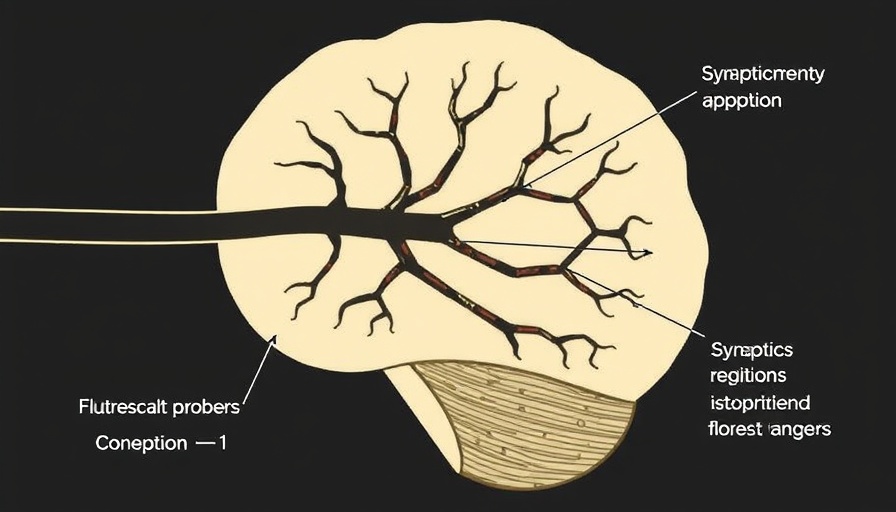
Revolutionizing Mobility: The Impact of Bionic Knees on Amputees
Advancements in medical technology have led to the remarkable development of bionic knees, which promise to dramatically enhance mobility for amputees. These innovative prosthetic devices combine sophisticated sensors and dynamic mechanisms to replicate natural movements, allowing users to navigate their environments with greater ease and confidence. As healthcare practitioners, understanding the implications of such technologies is vital for improving patient outcomes and fostering overall wellness.
The Technology Behind Bionic Knees
Bionic knees utilize advanced algorithms and robotics to interpret the user's movements and intentions. Sensors embedded in the prosthetic continuously collect data regarding the angle of the knee, weight distribution, and the terrain being traversed. This real-time feedback allows the device to adjust its knee flexion and extension automatically, providing a more natural gait. For instance, when walking uphill, the knee compensates to ensure stability, thus reducing the risk of falls.
Benefits of Enhanced Movement
The introduction of bionic knees has led to numerous physical and mental benefits for amputees. Improved mobility promotes an active lifestyle, which is crucial for both physical fitness and mental well-being. Users often report feeling more independent, as they can participate in activities that were previously challenging or impossible. Additionally, studies indicate that amputees fitted with bionic knees experience a lower incidence of long-term health complications associated with immobility.
Addressing Potential Challenges
While the advantages of bionic knees are compelling, it is essential to address potential challenges as well. There may be a learning curve for users to adapt to the technology's responsiveness. Ongoing training and support from healthcare providers can mitigate these challenges and facilitate a successful transition to using bionic limbs.
Patient Perspectives: Real-Life Experiences
Gathering testimonials from amputees who have begun using bionic knees can provide invaluable insights into the device's impact. Many users have expressed that their confidence has soared since integrating these devices into their lives. One patient noted, "It's not just about walking; it's about living fully again." Understanding these human aspects can inspire practitioners to advocate for the adoption of such technologies.
What Practitioners Should Know
For health practitioners seeking to stay ahead in the rapidly evolving landscape of medical technology, it is crucial to understand the nuances of bionic knee technology. This understanding not only allows for better patient education but could also lead to improved compliance and satisfaction among users. Engaging with manufacturers, attending relevant workshops, and staying updated on clinical studies regarding bionic prosthetics can equip practitioners with the knowledge needed to guide patients effectively.
Future Trends in Prosthetic Technology
The realm of prosthetic technology continues to evolve, with the future likely to encompass even more sophisticated systems. Researchers are exploring the use of artificial intelligence to enhance bionic knee responsiveness further and improve user experience. This evolution opens doors to additional functionalities, such as integration with smart home systems or mobile applications that monitor usage patterns and performance.
Call to Action: Embrace the Change
As healthcare practitioners, embracing new technologies can significantly enhance the level of care provided to patients. Consider exploring partnerships with prosthetic specialists and staying informed about the latest advancements in bionic knee technology. This proactive approach can ensure that your patients receive the best possible care and support on their journey toward improved mobility and independence.
 Add Row
Add Row  Add
Add 






Write A Comment